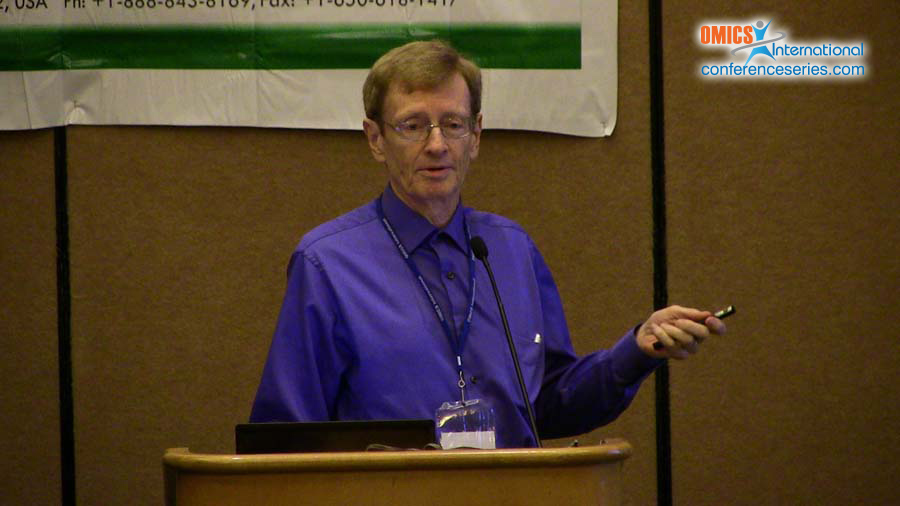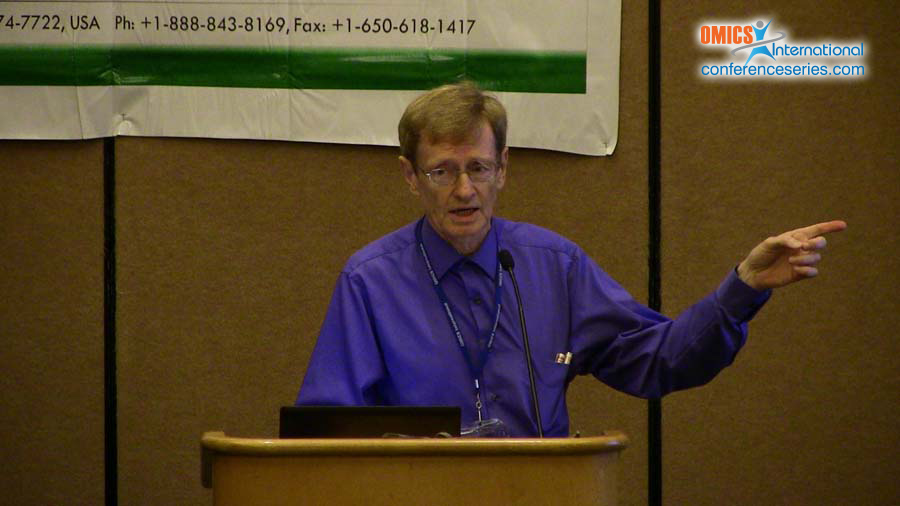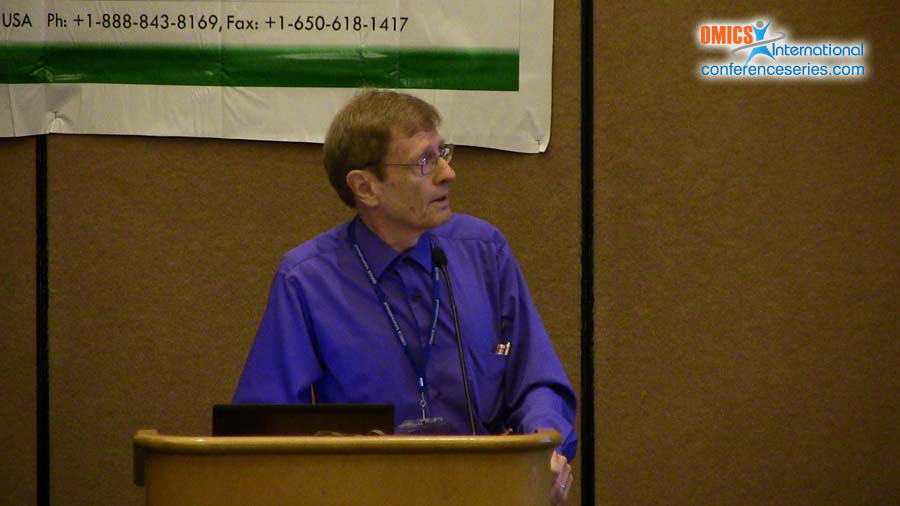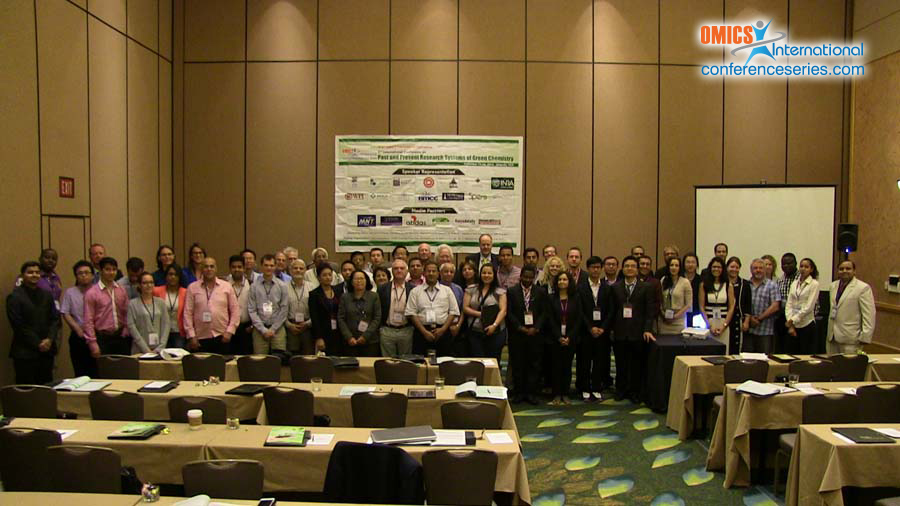
Craig L. Hill
Emory University, USA
Title: Green fuel. Selective and water compatible catalysts for solar fuel production
Biography
Biography: Craig L. Hill
Abstract
In order to meet global requirements for environmental preservation and adequate energy for society, it will be necessary to develop green, sustainable sources of energy on a massive scale. Unfortunately the renewal energy sources don’t have the capacity to power the planet, with the exception of solar (terrestrial sunlight). Sadly, nuclear fusion still faces monumental challenges. In addition, we must have fuel energy, not just electrical energy because most major energy needs (air travel, shipping, etc.) require high-density energy. This explains the enormous international effort to realize solar fuel (do artificial photosynthesis). The 2 principal reactions in solar fuel production are splitting of water and reduction of CO2 by H2O to generate H2 and carbon-neutral fuel, respectively. The Hill group efforts have shifted in recent years from green catalytic selective oxidations of organic substrates to selective catalytic oxidative removal of toxic molecules in human and natural environments, and the extremely active research area of catalytic water oxidation, which is essential for making solar fuel. Many of the key requirements for successful, green oxidations of organic substrates and water are the same: catalysts that are highly selective, stable and fast and that proceed by known and controllable mechanisms to minimize waste and facilitate green operation. We will address these points and end with describing polyoxometalate (POM)-based water oxidation catalysts (WOCs) that are among the most effective, if not the most effective, homogeneous WOCs known at present.
Speaker Presentations
Speaker PPTs Click Here




